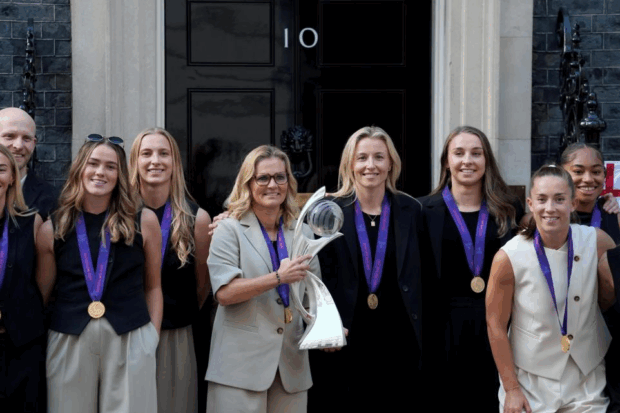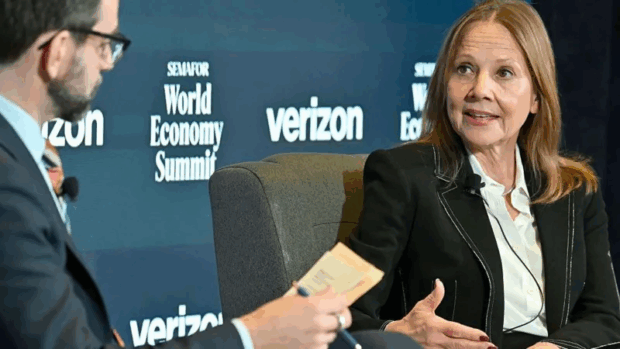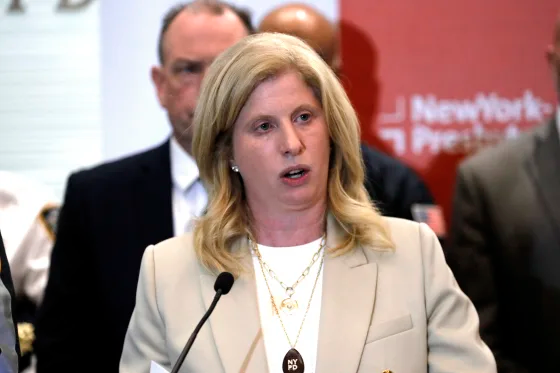
The Labour government is preparing for a parliamentary vote on welfare changes Tuesday, following recent concessions made to address concerns from within the party.
Ministers have implemented several modifications to the Universal Credit and Personal Independent Payment Bill after facing internal pressure. These changes include maintaining current protections for personal independence payment (PIP) recipients from reforms scheduled for November 2026 and reversing proposed reductions to the health-related component of universal credit.
Work and Pensions Secretary Liz Kendall outlined these adjustments Monday, though the response from backbench MPs remained mixed. When asked about confidence in the bill’s passage, disabilities minister Sir Stephen Timms stated, “I certainly hope it passes.”
Initially, 126 Labour MPs had supported a “reasoned amendment” from Treasury Committee chairwoman Dame Meg Hillier that would have blocked the legislation. Following Friday’s concessions, Dame Meg characterized the changes as a “workable compromise,” suggesting the primary opposition had been resolved.
However, parliamentary proceedings Monday revealed continued reservations among senior Labour figures regarding the government’s revised approach. Debbie Abrahams, who participated in negotiations, indicated that ministers had modified previously agreed terms.
A separate amendment opposing the bill has been submitted by York Central MP Rachael Maskell, supported by 138 disability organizations. The groups argue that disabled individuals have not been adequately included in the legislative process.
Approximately 35 Labour MPs have reportedly signed Ms. Maskell’s amendment. While insufficient to override the government’s majority of 83, this represents the largest internal challenge since Labour’s election victory nearly one year ago.
Additional skeptical MPs may abstain during Tuesday’s vote, with the possibility of opposing the legislation in subsequent proceedings without further modifications.
A central concern involves the PIP review to be conducted by Sir Stephen in collaboration with disabled communities. The review is scheduled to conclude in autumn next year, creating timing complications with PIP changes planned for the same period.
Ms. Abrahams suggested this timeline indicates a “pre-determined” outcome, while select committee chairwoman Sarah Owen cautioned about the potential creation of a “three-tier” benefit structure.
Organizations including Disability Rights UK and Disabled People Against Cuts have questioned the government’s commitment to genuine collaboration and encouraged Labour MPs to maintain their opposition.
They stated, “The Government have made it very clear that they are intent on slashing the support that so many disabled people rely on to work and live independently, no matter how many disabled people tell them what a harmful policy this will be.”
Conservative leader Kemi Badenoch announced her party’s opposition to the proposals, describing them as inadequate welfare reform and criticizing the government for reducing potential savings.
The original legislation was projected to generate £4.8 billion in savings by 2030. Ms Kendall disclosed Monday that the modified proposals would likely achieve less than half that amount.














Be the first to leave a comment